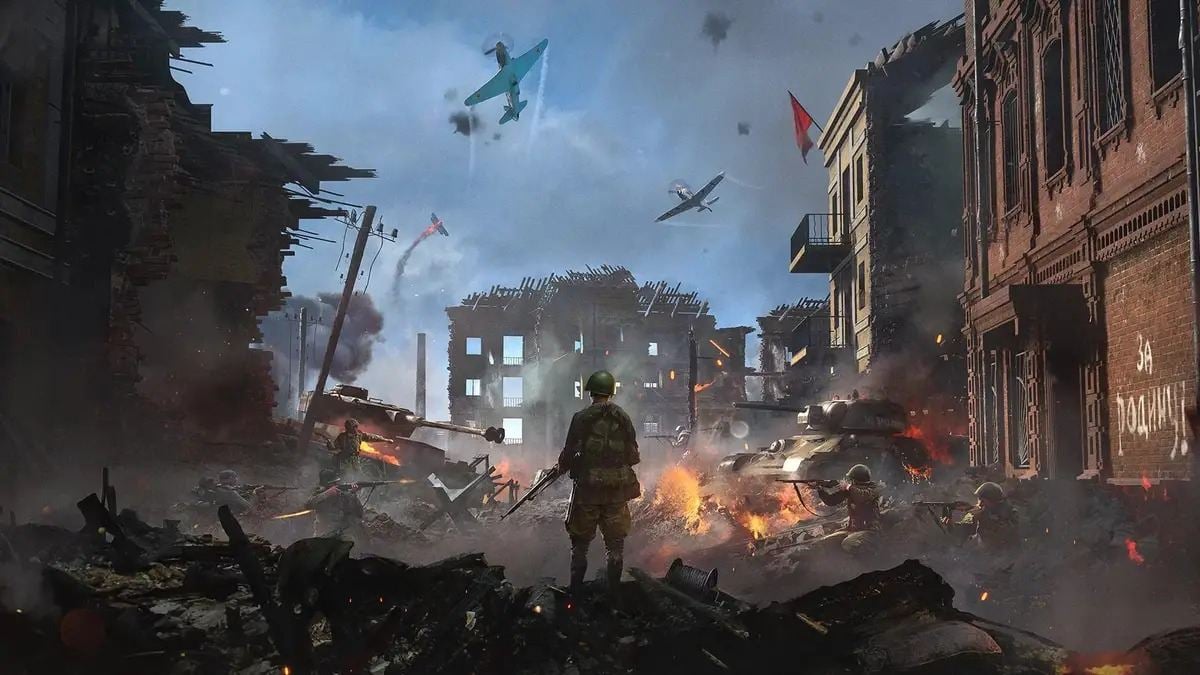
Reacher Season 3 Review

Season 3 of Reacher premieres Thursday, February 20 on Prime with the first three episodes. The remaining episodes will arrive each subsequent Thursday until March 27, 2025.
Lee Child’s 2003 novel Persuader forms the foundation of season 3 of Prime’s face-pounding, shotgun pumping Reacher series, and that’s largely good news for fans of Alan Ritchson’s man mountain. Not only is it a great story with an explosive prologue and several unexpected twists, but it’s also one of the rare Reacher cases that see him pitted against a bigger mountain. In this instance, that’s a towering henchman played by 7-foot, 2-inch Dutch bodybuilder Olivier Richters, whose presence in this season provides Reacher with an opponent quite unlike those he’s faced in the show so far. In any case, Reacher season 3 is another thoroughly entertaining chapter in the saga of its titular vigilante vagrant, although there are more major divergences from the book this time around than previous seasons – and they don’t always feel for the better.
Season 3 finds Reacher in Maine, where his efforts to track down an unforgivable foe from his past see him tangled up in a DEA operation, hunting for a missing undercover informant. “Never forgive, never forget” is the pitch of the book, and that’s Reacher’s core motivation here. Episode 1’s rollicking opening 20 minutes should be particularly arresting viewing for those unfamiliar with the source material, but as a reader of the novels I was equally engaged with how closely the sequence marries up with the book. It’s very well done and an extremely strong start for the season.
The sleepier surroundings of Maine are a nice pivot from the major metropolis of New York from season 2. It’s too early to tell if the small town, big city, and back again cadence that the Prime series has obeyed so far is deliberate or an accident but, either way, it’s a smart play to avoid things becoming too samey.
Ritchson continues to completely own his role as Reacher, whose standard operating procedure remains flexing his brain and his biceps, and racking up an impressively large bad guy bodycount. Ritchson keeps Reacher stubborn and methodical, and entertainingly dispassionate about killing anyone who has it coming. He now also appears to be obliged to remove his shirt at least once per episode for some reason, a development which has elicited zero complaints from my wife.
There are occasions, however, where he feels a bit overwritten, and where Reacher uses 10 words when five would do. I can’t quite tell if this is a side effect of the writers keeping him slavishly devoted to his mantra, “In an investigation, details matter,” or a matter of the show assuming the audience has probably forgotten a few things along the way (or doesn’t know what’s just happened). It’s not a constant bugbear, but it’s a touch awkward when it happens. In the books, Reacher regularly (and quite famously, amongst fans) says… nothing. That ought to happen a little more in the show.
Of course, the show’s in an admittedly tricky spot when it comes to exposition, because it needs to happen somewhere – and it can’t just flow out onto a page directly from Reacher’s brain like it can in a book. You need characters speaking to one another. The previous season was able to negotiate this by adapting a novel that overtly placed Reacher in a team of his former peers from the military police, but season 3 does it by considerably ramping up the amount of instances where Reacher finds himself working (and fighting) alongside his new partners. I do feel there are times this messes with the aura of Reacher as a primarily one-man wrecking machine, particularly during the resolution of the new season – which plays out considerably differently from the novel, and kicks off with an unneeded showdown that puts a slightly sour note on everything that follows.
I can, however, see the appeal of putting Reacher beside DEA agent Susan Duffy (Sonya Cassidy) as regularly as possible, because she’s fantastic. The British actress absolutely disappears behind a thick, Boston accent as the no-nonsense DEA agent (a new character for season 3) and she shines with some of the season’s toughest (and often funniest) lines. On top of that, Cassidy’s onscreen brawling is excellent. “Don’t look at me,” quips Reacher to a dumbstruck flunkey Duffy’s about to beat to hell. “I’m scared of her too.”
On the other hand, I’m more lukewarm on the key villains this time around, particularly Anthony Michael Hall’s Beck. I don’t know that it’s necessarily Hall’s performance itself. It’s probably the trajectory the script takes him on that does him the biggest disservice. There’s additional context around Beck as a bad guy that I can’t discuss here but, broadly speaking, there are moments later in the season that tend to drag due to their confusingly sympathetic focus on Beck. I really don’t care about him, and I doubt you will either after one particularly unconscionable act. Brian Tee is better as hated Reacher nemesis Quinn (because he’s simply disgusting and evil, and that makes him a perfect target for Reacher’s wrath) but the story drags its heels a bit making full use of him.
The action this season is strong overall, and it features a steady supply of sudden but satisfying kills – many of which are the best in the series so far. If season 3 is anything, it’s Reacher at his most ruthless. I can get behind that. I sure as hell ain’t getting in front of it.






